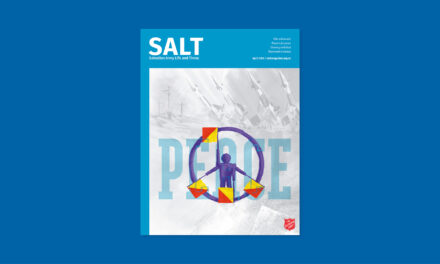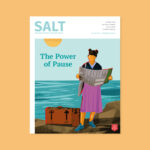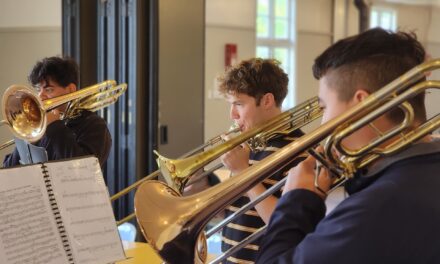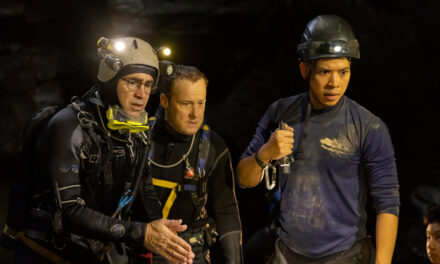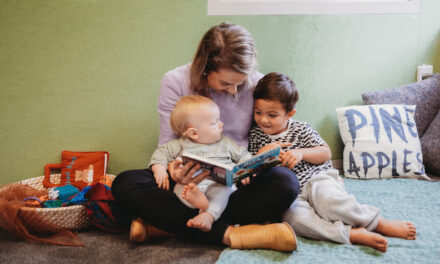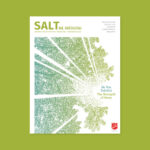
Tonga Regional Children’s Camp
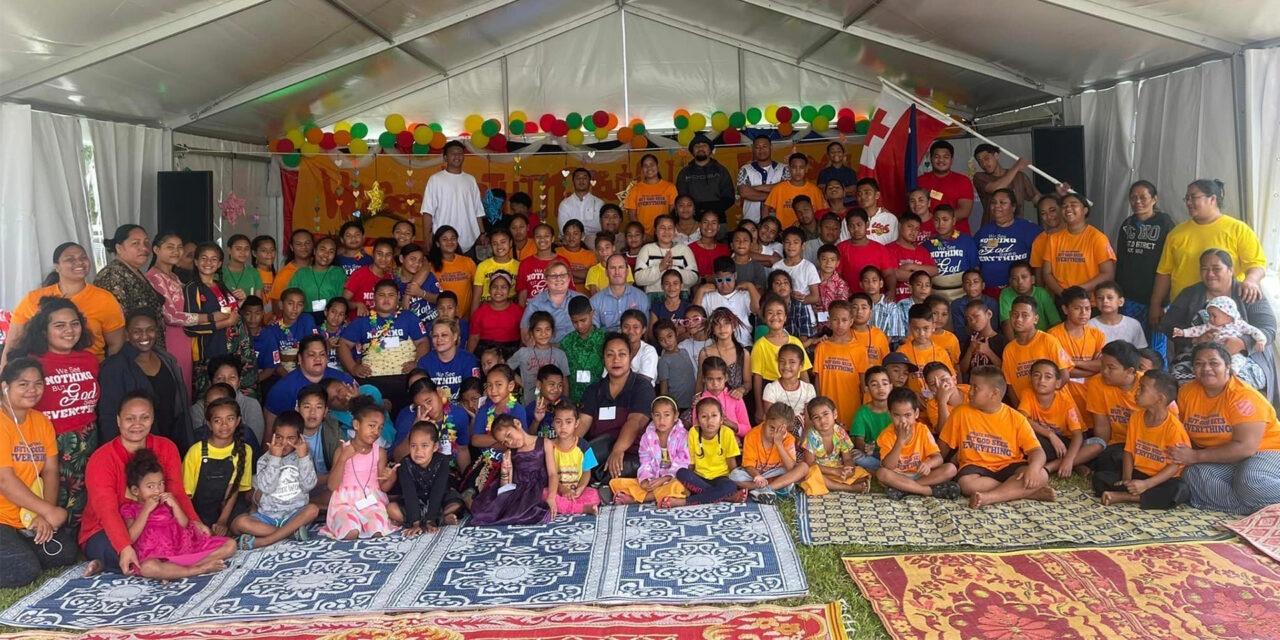
Tonga recently hosted their annual regional children’s camp with 98 children attending from a variety of different settlements and religious backgrounds, including children from the tsunami-devastated island of Nomuka.
‘Nomuka is like a sister to us; we have to look after them,’ said Regional Children’s Worker Lieutenant Sesilina Palu.
The idea to invite the children was from an outcome visit Sesilina undertook with a team from Ministry of Internal Affairs and Psychological First Aid. Her assignment was to focus on the children.
When she returned from this visit, she shared with Tonga Regional Commander Captain Kenneth Walker her experience and the benefit she saw in assisting these children to come away from their environment and surroundings and attend the camp in order to help these children’s development.
This was made possible by sponsoring 13 children to come to the camp from Nomuka with three caregivers who volunteered their time to help.
The Salvation Army covered the cost of the boat trip, camp fees, mileage, food and water and anything else the children needed.
Many of them had never left the island before and were excited to be attending the camp. The children were also fortunate to have enough water, as there is scarcity of it in Nomuka, due to drought.
The camp had a variety of speakers from churches and ministry programmes who made their presentations simple and entertaining for the children.
The theme of the camp was ‘we see nothing but God sees everything’, reminding children that God is everywhere and always with us, despite the distress the children experienced from the tsunami in Nomuka.
‘How frightened the kids were, and they are still nervous when they hear little sounds thinking there’s a tsunami,’ said Sesilina. ‘Encouraging the kids that sometimes bad things happen, but there’s always a reason behind it. So, we should be having faith, be strong with it … as God is always with you.’
Something Sesilina noticed was how the children from Nomuka coloured in the colouring activities. She pointed out the ‘majority of the children didn’t colour as other kids do’; they weren’t colouring in the lines, just scribbling. However, throughout their time at the camp, there was improvement in their fine motor skills.
Sesilina was encouraged to see the children praying and talking to God. ‘The children, especially in Nomuka, were the loudest.’ This was encouraging and meaningful to hear them praising God, especially after the hardship they had experienced.
On the Saturday night, as part of a drama, the Nomuka children re-enacted the moment when the tsunami hit and they were shouting and running for their lives.
‘After the drama, they came back and joined us in the seats and everyone was laughing,’ said Sesilina. ‘I can see that even though they were overcome with fear, they quickly recovered … the overcoming of fear and the courage that they had, that really touches me…’
The children from Nomuka came to the camp a day earlier and ended up staying five days after, which gave the facilitators time to invest in them. They were given the opportunity to learn to play songs on instruments, as many had never played before, and were additionally gifted sport equipment to take back home with them.
For Sesilina, the success of the camp wasn’t measured in how many children attended or how many activities they did. ‘It’s not how productive the programme was, it’s what touches the child’s heart … it’s even the little things that we did for the children, a smile or anything. It will stay with them.’
Words: Hope Burmeister

